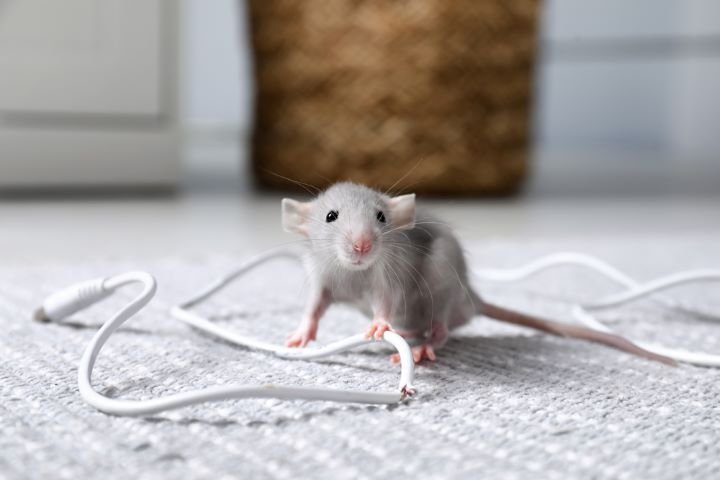Residing in rural areas provides serenity and a strong connection to nature, elements that many individuals seek. However, this closeness to the outdoors can often invite unwelcome visitors, known as pests. Effective pest prevention for rural homes is not only vital for comfort but also for protecting the safety and structural soundness of these residences.
The rural environment markedly differs from urban setups, with vast green landscapes, diverse wildlife, and fluctuating weather patterns. These attributes tend to attract pests that find rural homes ideal for shelter and sustenance. Thus, it becomes imperative to enforce strong pest prevention measures for rural homes.

Recognizing Unique Challenges
Rural houses encounter distinctive challenges regarding pest control due to their geographic locations. The extensive fields, adjacent forests, and the presence of livestock create abundant opportunities for pests to invade.
Common Pests in Rural Areas
Typical pests in these regions include rodents, termites, ants, and bats. Each type of pest carries its own risks, from destroying wooden structures to tainting food supplies.
Impact of Seasonal Changes
Pest activity often escalates during particular seasons. For example, the arrival of spring typically sees an increase in insects, while rodents may invade homes seeking warmth during the winter.
Proactive Pest Prevention Techniques
To maintain a pest-free living space, it is essential to understand preventative strategies specific to rural environments. Here are several effective practices:
Creating Natural Barriers
One fundamental step involves constructing barriers using natural materials. Planting pest-repelling herbs such as mint and basil around the home's perimeter can serve as an effective deterrent.
Sealing Potential Entry Points
Regularly inspect the home for any crevices or openings around windows, doors, and foundations. Sealing these potential entry points can thwart pests from entering.
DIY Pest Control Approaches
While enlisting professional pest control services is often crucial, numerous DIY methods can be utilized for pest prevention in rural homes. Discover more about best pest practices for effective pest control.
Natural Remedies
Homemade pest repellents made from common ingredients like vinegar and essential oils provide an additional layer of defense against prevalent pests.
Routine Maintenance
A well-maintained home is less appealing to pests. Regularly decluttering, ensuring proper drainage, and caring for the landscape are vital steps in effective pest prevention.
When to Seek Professional Assistance
Despite best efforts, some situations necessitate professional help. Knowing when to call experts can save time and prevent more significant issues.
Identifying Infestation Signs
Consult professionals if you observe signs of infestation such as droppings, chew marks, or unfamiliar sounds.
The Benefits of Professional Services
Professional pest control services deliver comprehensive solutions and are particularly valuable in addressing ongoing problems. They offer a range of services specifically tailored for rural homes. For more tips, check this external link.
Maintaining a Pest-Free Home
Combining preventive measures with professional services creates a well-rounded approach for maintaining a pest-free home in rural areas.
By recognizing the unique challenges presented by rural environments and applying the aforementioned solutions, homeowners can significantly minimize the threat of pest infestations. Efficient pest prevention not only protects your home but also enhances your overall quality of life in the countryside.

FAQ
What are the most common pests in rural homes?
Rodents rank among the most prevalent pests in rural residences due to abundant food sources.
Do natural pest repellents really work?
Natural repellents can be effective when used as part of a broader pest prevention strategy, but may not eliminate large infestations single-handedly.
When is the right time to hire pest control services?
If you detect signs of infestation or if DIY methods do not yield results, it may be time to engage professional pest control services.
This article contains affiliate links. We may earn a commission at no extra cost to you.
